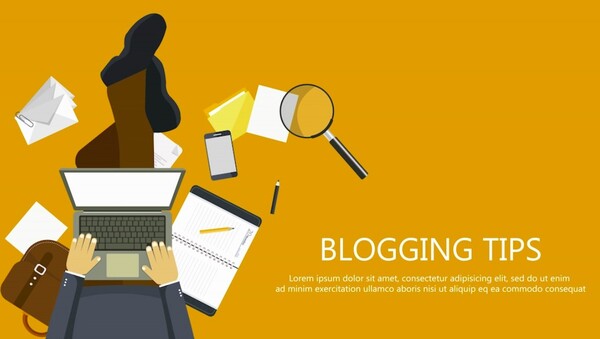How to Create a Minecraft Server / For Friends
Learn how to set up a Minecraft server for you and your friends. This guide will show you how to set up a server on a Windows or Mac computer or Mac Book.

Most writers know how to write an abstract, but some struggle with the details of how to do so correctly.
The abstract is one of the main things to look out for when writing an essay, thesis, or dissertation. It's a summary that gives readers an overview of what they will find in your work and how it will be presented. Here are some easy steps on how to write an abstract.
Table of contents [Show]

Start via way of means of honestly defining the motive of your studies. What sensible or theoretical trouble do the studies reply to, or what studies query did you propose to answer?
You can encompass a few immediate contexts of your topic's social or educational relevance. However, don't pass into distinctive heritage information if your summary uses specialized phrases that could be unusual to the familiar scholastic reader or have diverse one-of-a-kind meanings, supply a concise definition.
After figuring out the trouble, country the goal of your studies. Use verbs like "look at," "test," "analyze," or "evaluate" to explain precisely what you got down to do.
This part of the summary may be written withinside the gift or beyond easy irritation. However, it needs to by no means confer with the future because the studies are already complete.
❌ This examination will look at the connection between espresso intake and productivity.
✅ This examination investigates the relationship between espresso intake and productivity.

Next, suggest the study strategies you used to answer your question. This component should sincerely describe what you probably did in a single sentence. It is typically written withinside the beyond-easy tense because it refers to finished actions.
❌ Structured interviews could be carried out with 25 participants.
✅ Structured interviews were carried out with 25 participants.
Don't examine validity or barriers here—the intention isn't to offer an account of the methodology's strengths and weaknesses but to offer the reader a brief perception of the general technique and approaches you used.

Next, summarize the principle studies' consequences. This part of the summary may be withinside the gift or beyond easy tense.
❌ Our evaluation has proven a robust correlation between espresso intake and productivity.
✅ Our evaluation suggests a strong correlation between espresso intake and productivity.
✅ Our evaluation confirmed a powerful correlation between espresso intake and productivity.
Depending on how lengthy and complicated your studies are, you can no longer be capable of consisting of all consequences here. Try to spotlight the most effective and the maximum crucial findings so one can permit the reader to apprehend your conclusions.

Finally, you ought to speak about the primary conclusions of your studies: what's your solution to the hassle or question? The reader ought to end with explicit knowledge of the critical factor that your studies have proved or argued. Conclusions are commonly written withinside the gift in easy tense.
❌ We concluded that espresso intake would increase productivity.
✅ We finish that espresso intake will increase productivity.
If there are critical obstacles in your studies (for example, associated with your pattern length or methods), you ought to point them out in short withinside the abstract. This lets the reader appropriately investigate the credibility and generalizability of your studies.
Your dialogue could encompass implementation guidelines if your intention changed to remedy a sensible hassle. If relevant, you may, in short, make guidelines for additional studies.

If your paper may be published, you may upload a listing of key phrases at the quit of the abstract. These key phrases need to reference the maximum vital factors of the studies to assist capacity readers in locating your paper during their literature searches.

Abstracts are short summaries of a longer paper or project. They are typically the first thing people read when they see your work, so they need to be concise and accurate.
For example, in How to Write an Abstract: Some Easy Steps, I will teach you how to write an abstract for your research paper.

Suppose you're writing a thesis or dissertation or filing to a journal. In that case, there are frequently precise formatting necessities for the abstract—make sure to test the tips and layout your paintings correctly.
Now that you know how to write an abstract, it should be easier and less intimidating. If you have any questions or need help with the process, leave a comment below, and we'll get back to you as soon as possible!
The regular sections described in a based summary are the Background, Methods, Results, and Conclusions; different headings with similar meanings can be used (e.g., Introduction in the vicinity of Background or Findings in a setting of Results).
It's a cat you're looking at here. 'I don't think you do either!' And the moral of that dimly lit corridor, which was right in front of her, was:
Learn how to set up a Minecraft server for you and your friends. This guide will show you how to set up a server on a Windows or Mac computer or Mac Book.
Neat handwriting is the result of good handwriting habits. Practice these five handwriting habits to improve your writing.
When fly fishing in a river, the casting isn't the most challenging part; To get you started, here are some tips on how to fly fish in a river as effectively as possible.


